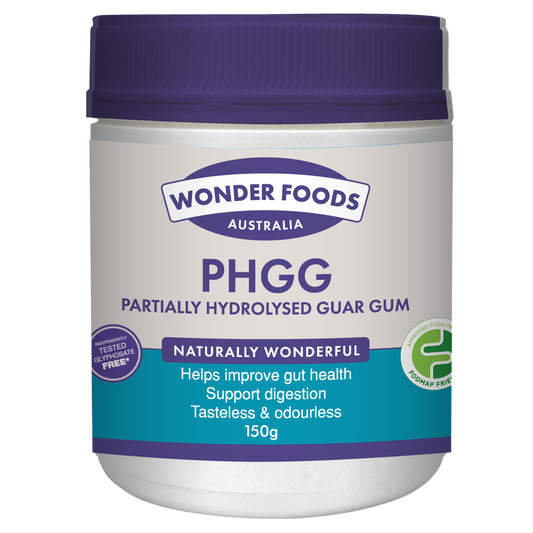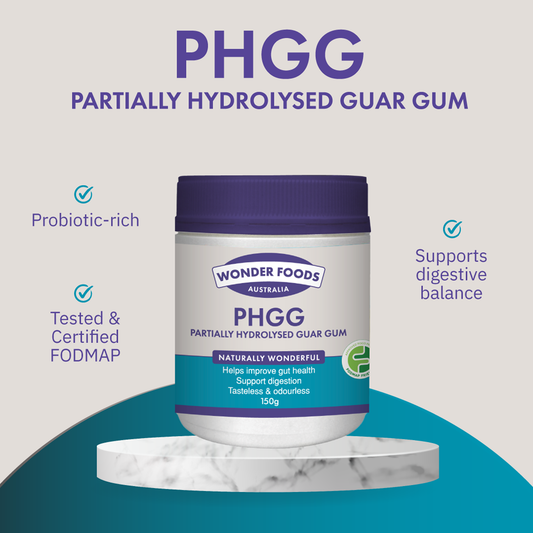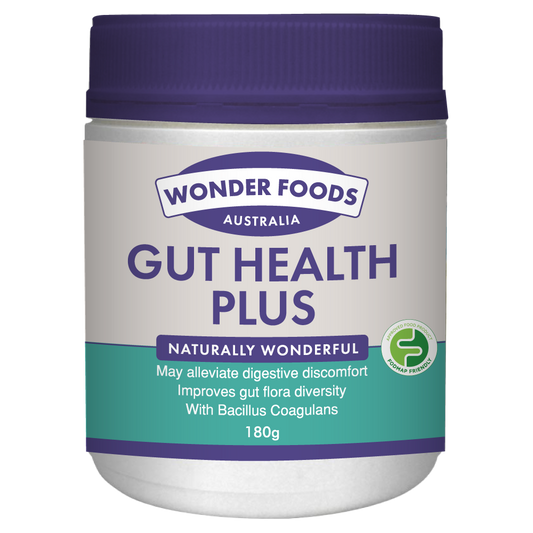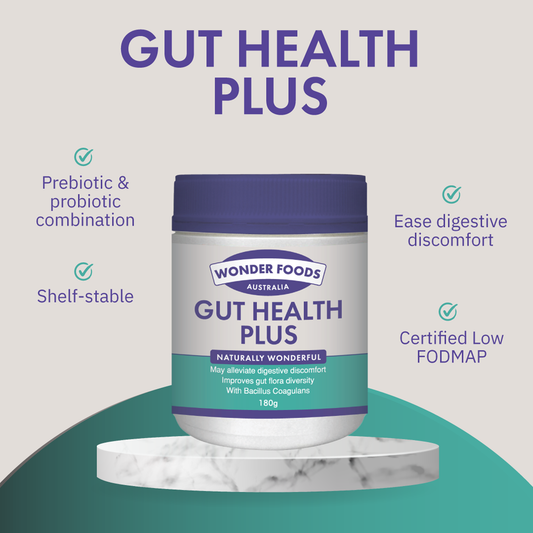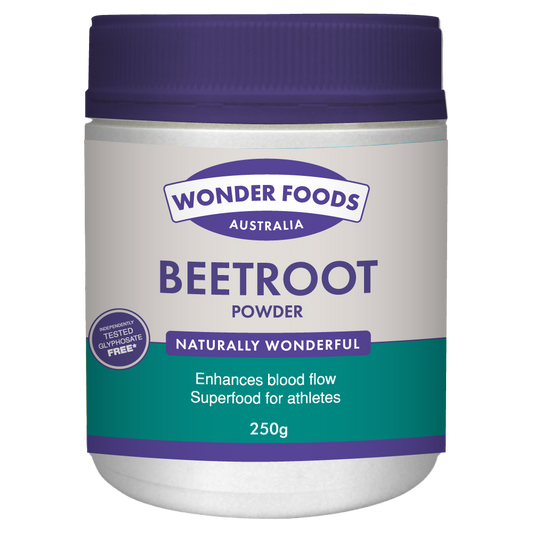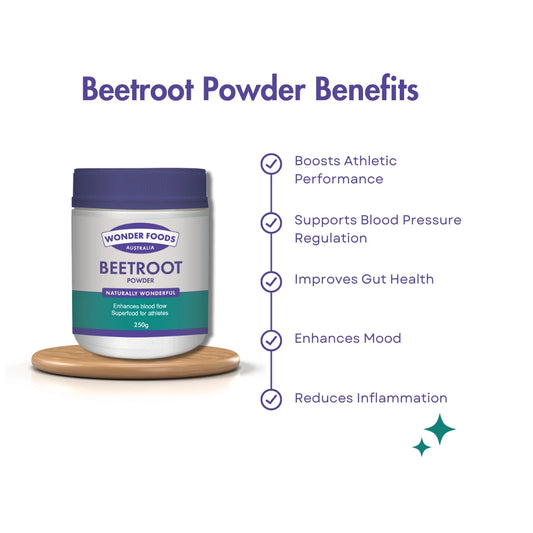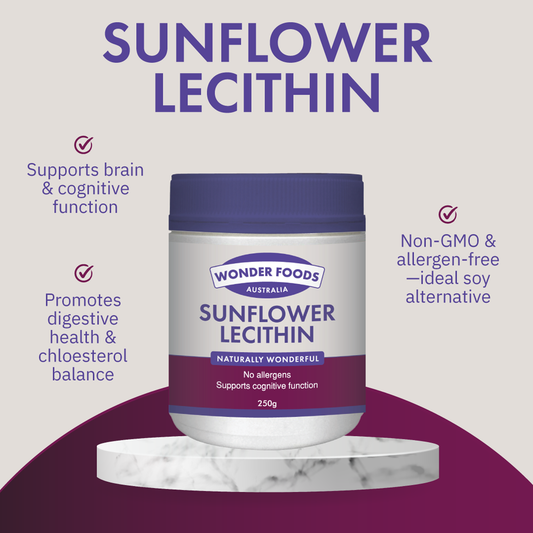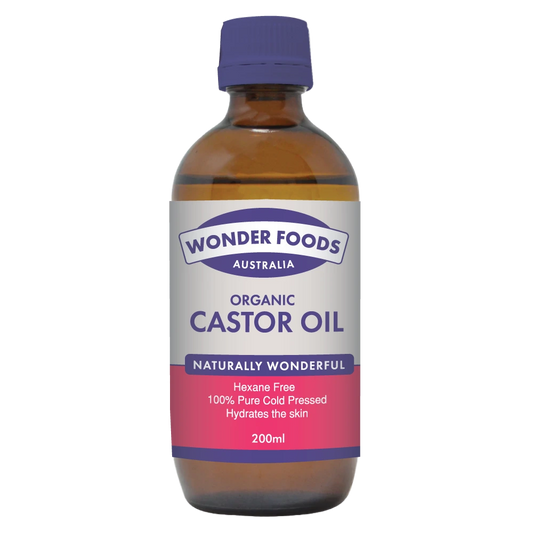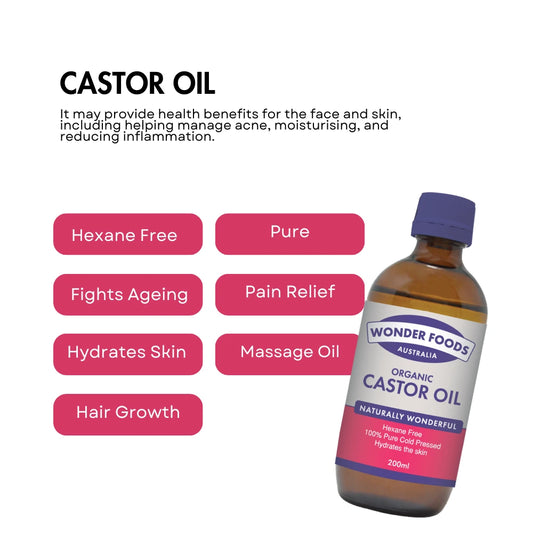
What are Heat Shock Proteins?
Heat shock proteins (HSPs) are special proteins that come to the rescue when cells are stressed, especially by high temperatures.
Known as "chaperones," they help other proteins fold correctly, prevent damage, and stabilise cell function under stress.
HSPs aren’t only triggered by heat; they’re activated by a range of stressors like exercise, toxins, and even infections.
These proteins are like your body’s built-in repair crew, keeping cellular function on track.
Understanding Hormesis
Hormesis is a biological phenomenon where lower levels of stress trigger positive responses in the body that can prepare you for higher levels of stress.
Think of it as training: just like lifting weights helps build muscle, low-level stress can make cells stronger and more resilient.
When cells experience this stress—like an increase in temperature—they produce heat shock proteins to protect and repair themselves.
This hormetic response helps your body build resilience against future, more intense stress.
In other words, introducing specific stress makes your body more adaptable.
That’s why many people swear by practices like sauna use, cold exposure, or high-intensity workouts.
They’re all forms of hormesis that push the body to adapt and get stronger.
What is Folding, Unfolding & Misfolding?
- Folding: When a new protein is made, it starts as a long chain of amino acids. This chain "folds" into a specific three-dimensional shape, which is essential for the protein to work correctly. Think of it like origami: the folded shape determines its function.
- Unfolding: Under stress (like heat or toxins), a protein might start to "unfold" or lose its shape. An unfolded protein can’t perform its job properly, and too much unfolding can disrupt cell function.
- Misfolding: Sometimes, when a protein tries to fold, it doesn’t get the shape right and becomes "misfolded." Misfolded proteins can clump together, creating harmful aggregates that interfere with cell processes.
Heat shock proteins help prevent misfolding, assist with refolding unfolded proteins, and keep everything working smoothly.
Are Heat Shock Proteins Good for You?
In a word, yes. Heat shock proteins play several important roles in the body:
- Cellular Protection: HSPs protect proteins from misfolding and clumping, especially during stressful events. This keeps cells functioning smoothly.
- Immune Support: HSPs can act as signals to the immune system, alerting it to damage and mobilising a response.
- Metabolic Boost: HSPs are linked to improved cellular energy, helping cells work more efficiently.
- Anti-Aging Potential: By maintaining protein stability, HSPs may slow some of the cellular aging processes.
However, the impact of HSPs isn't universally positive.
They’re also active in some cancers, helping malignant cells survive and multiply.
While inducing heat shock proteins can boost overall health and resilience, it’s an approach best balanced with guidance if underlying health issues are present.
When Are Heat Shock Proteins Produced?
Heat shock proteins are produced when the body senses stress. Here are some common triggers:
- Heat: Saunas, Epsom Salt baths, or anything that raises your body temperature can trigger HSPs.
- Exercise: Intense physical activity, especially workouts that push your limits, stimulates HSP production.
- Caloric Restriction: Fasting and some forms of dietary restriction also stress cells just enough to activate HSPs.
- Environmental Stress: Cold exposure and UV light can spark a small HSP response.
The body senses these changes and releases heat shock proteins as a protective mechanism.
The amount and type of HSPs produced depend on the intensity and duration of the stress.
How Long Do Heat Shock Proteins Last?
Once activated, heat shock proteins can remain active for hours to days, depending on the level and type of stress.
After an intense workout or sauna session, HSP levels can stay elevated for up to 48 hours.
During this time, they work on repairing cells, maintaining protein structure, and generally shoring up cellular resilience.
The effects, however, can last even longer.
Regularly activating HSPs (through controlled stress like exercise or saunas) may lead to a longer-lasting state of cellular resilience, though the exact duration varies from person to person.
Conclusion
Heat shock proteins are powerful allies for health and resilience.
They protect cells, boost the immune system, and may even support longevity.
By incorporating controlled stressors like exercise, heat, and fasting, you can tap into the benefits of HSPs and encourage your cells to stay strong.
Just remember, more isn’t always better. Find what works for you and enjoy the benefits of this natural cellular boost.

